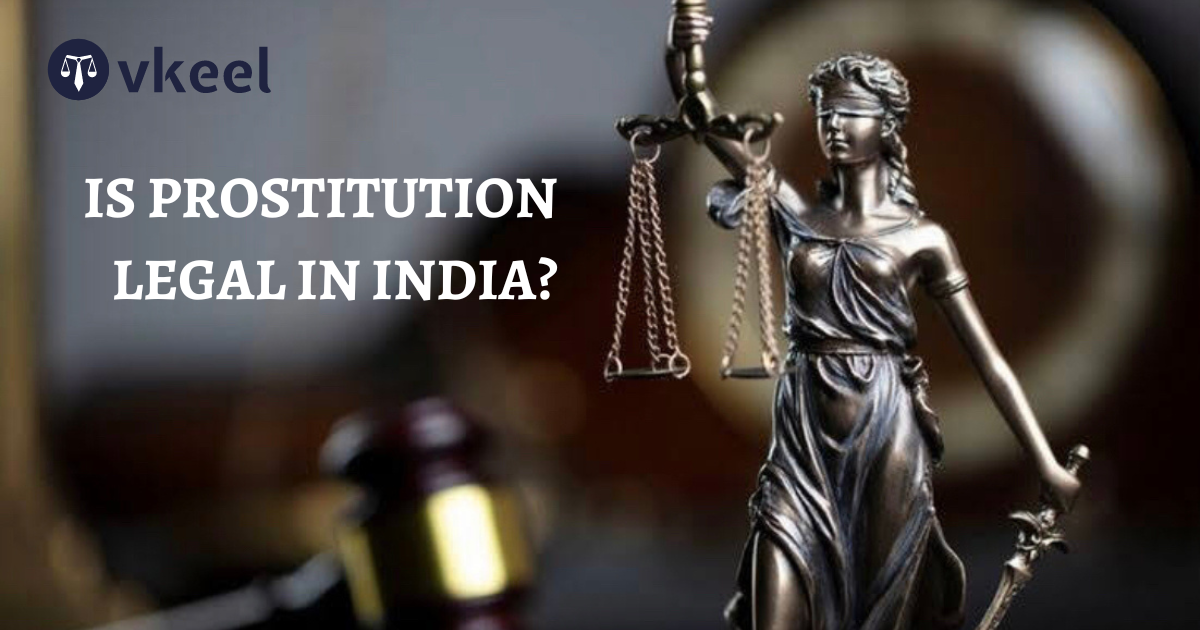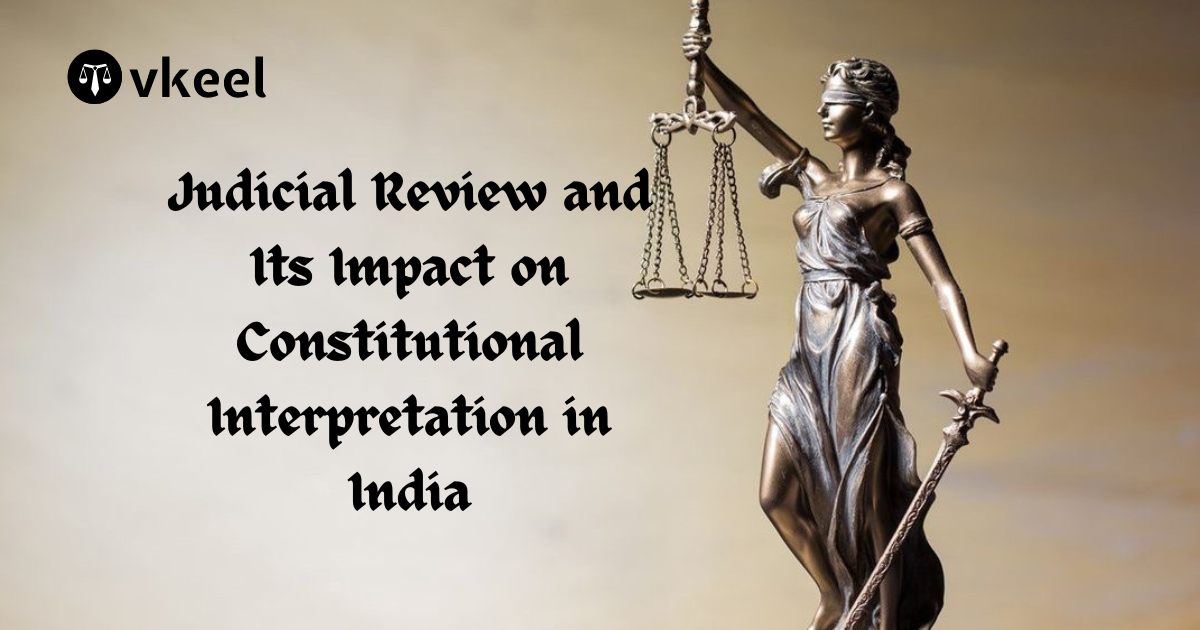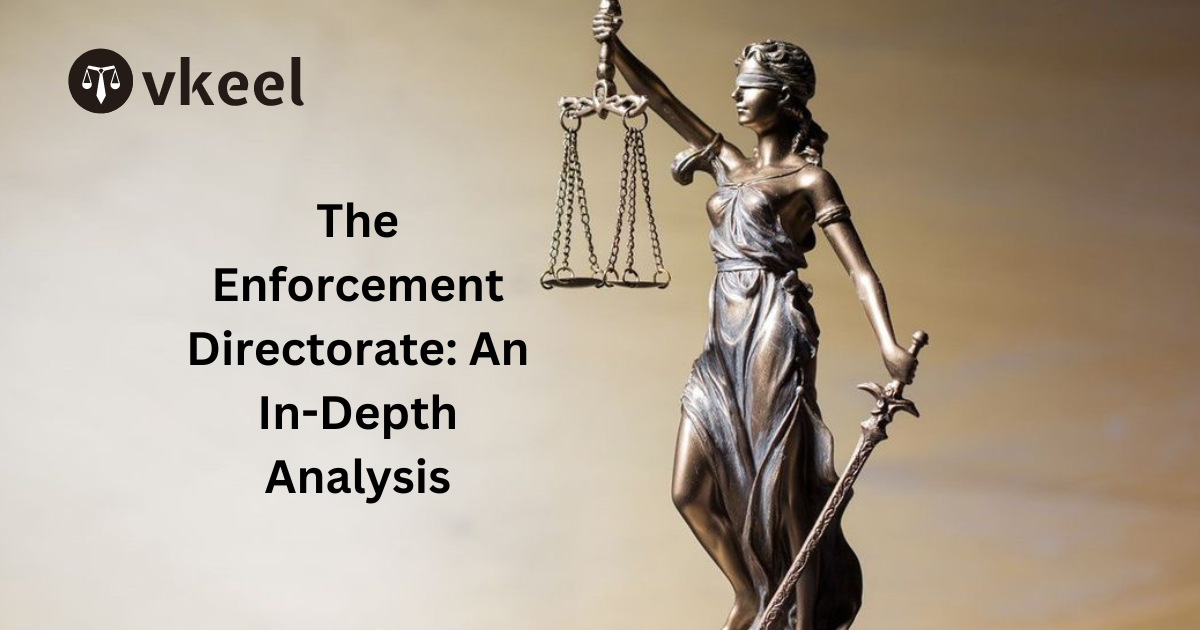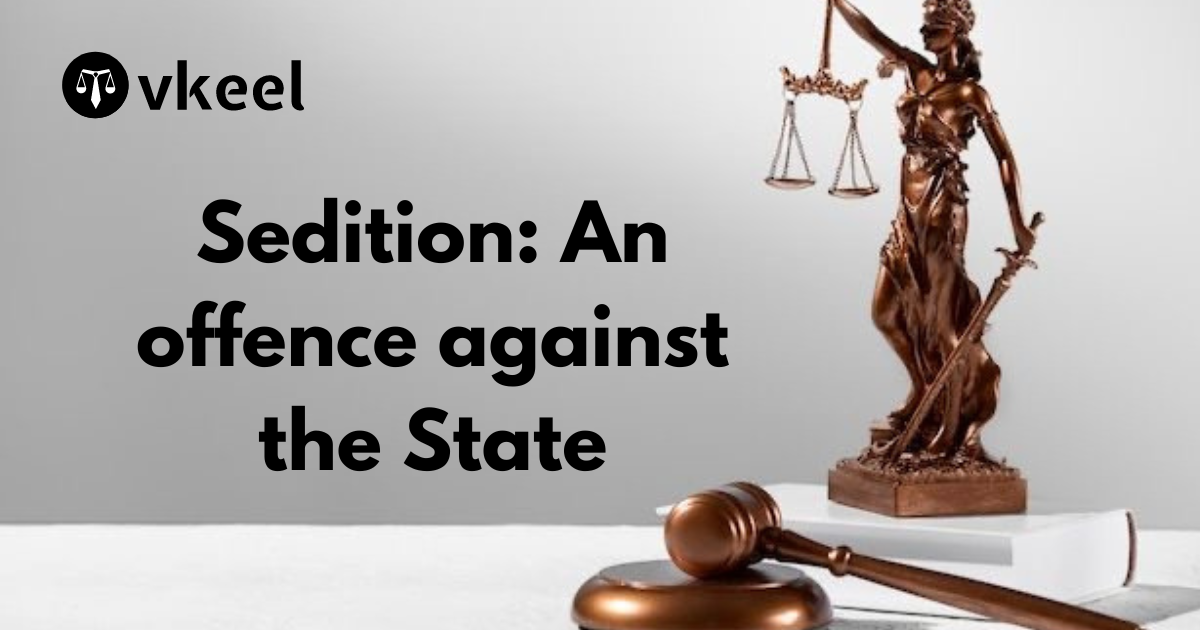Is Prostitution Legal in India?
By Joy Puri
Table of Contents
Introduction
Talking about the ancient civilizations to the new age societies that have been formed, prostitution has been a prevalent concept. In some cultures, it was punished or regulated, while in others, it was condemned, criticized or even outlawed. Throughout history, prostitutes have occupied various roles in the society, ranging from revered priestesses to marginalized outcasts in other societies. Their status and treatment reflect the prevailing attitudes and norms of their respective societies.
Prostitution, which has been often regarded as one of the world’s oldest professions, is a very complex and controversial issue that intersects with socio-economic, and ethical considerations. It involves the exchange of sexual services for money or other forms of compensation. While opinions on prostitution vary widely, it remains a significant aspect of human society, both historically and in the modern era.
The crucial reasons that have been deciphered behind individuals entering into prostitution are diverse and often multifaceted in their very way. Economic hardship, lack of education or employment opportunities, coercion, and exploitation are among the factors that tends to drive individuals, particularly women and marginalized populations, into the sex trade which is mostly horrific and disastrous in realm of the life. Additionally, some individuals may choose to engage in prostitution voluntarily, viewing it as a means to earn a livelihood or exercise agency over their bodies and sexuality.
What is Prostitution?
Prostitution typically refers to the exchange of sexual services for money or other forms of compensation by a person to other. In furtherance to the aforementioned , it involves individuals, primarily women, offering their bodies for sexual activities in exchange for payment. While some argue that it may be a legitimate form of work or personal choice, a larger part of the society perceive it as exploitative and harmful, it has been often associated with issues such as human trafficking, violence, and health risks. The hardships; social, economic, and legal dynamics, surrounding prostitution raise various ethical questions about consent, exploitation, and the dignity of individuals involved in the pertaining matters.
Hopping on to the other side of the antecedent coin, liberal thinkers like John Stuart Mill have raised their voice for the decriminalization or legalization of prostitution, viewing it as a matter of individual choice and autonomy of the concerned person thereof. They argue that consenting adults should have the freedom to engage in voluntary transactions, including those involving sexual services, without state interference.
Marxist theorists such as Friedrich Engels have examined prostitution within the broader context of capitalist societies, their perspective seeks to expand it as a product of economic inequality and class exploitation. They argue that poverty and lack of economic opportunities drive individuals, particularly women, into prostitution as a means of survival.
Psychologists and social scientists have also contributed to the discourse, exploring the psychological, social, and economic factors that influence individuals’ involvement in prostitution, as well as its impact on their well-being and relationships.
Legal position in different countries
Prostitution has been viewed differently in various countries across the world.
United States: Prostitution legislations vary by state in the United States as it is a federation of states. While some states have legalized certain aspects of prostitution, such as brothels in Nevada, majority of the states criminalize the buying, selling, and solicitation of sex. In furtherance to the above mentioned, enforcement and penalties vary widely across the country. In the current track records, there have been debates and efforts to address human trafficking and provide support services to individuals involved in the sex trade.
Japan: Prostitution is technically illegal in Japan after the Anti-Prostitution Law of 1956 legislation was introduced before the country. However, certain activities, such as “soaplands” and “fashion health” businesses, operate under loopholes or shady areas in the law. Enforcement of the same depends on local authorities, and there is ongoing debate about the regulation of the sex industry.
China: Prostitution has been declared illegal in China under Article 358 of the Criminal Law of the People’s Republic of China. Although, the sex industry continues to exist in various forms, often operating underground or in gray areas of the country. Enforcement can vary significantly depending on local authorities and government policies.
Canada: Prostitution itself is legal in Canada, but most activities associated with it, such as operating a brothel or soliciting in public, are illegal. However, in 2013, the Supreme Court of Canada had struck down several provisions related to prostitution laws, leading to ongoing debates and changes in legislation in the country. Various approaches exist across different provinces, ranging from harm reduction strategies to the criminalization of clients.
Russia: Prostitution is illegal in Russia; however, the enforcement of anti-prostitution laws can vary. There are various underground sex industries, and sex work often operates in a semi-legal or illegal manner. Human trafficking for sexual exploitation is also a concern in Russia, and there have been efforts to combat it through legislation and law enforcement.
Africa: Prostitution laws and attitudes toward sex work vary widely across countries in Africa. In some countries, such as South Africa, sex work may be partially decriminalized or regulated, while in others, it remains illegal and highly stigmatized. Human trafficking for sexual exploitation is a significant concern in many African countries, and efforts to combat it often intersect with efforts to address prostitution.
France: Prostitution itself is not illegal in France, but activities such as soliciting, procuring, and operating brothels are prohibited. France has adopted a policy that aims to combat prostitution through criminalizing clients rather than sex workers. There have been ongoing debates about the effectiveness and impact of this approach, as well as efforts to provide support and services to individuals involved in the sex trade.
Legal Position in India
In regards to the Indian Penal Code 1860, being engaged in prostitution itself is not inherently illegal, but various related activities are punitive under many provisions of the law; Providing sexual services in public places, opening prostitution in hotels, having and using a brothel.
The Immoral Traffic (Prevention) Act of 1956 (ITPA), also known as SITA, stipulates prostitution as the abuse of women for monetary selfish gains, and a prostitute as someone who earns her livelihood from this exploitation and abuse. This law allows the workers to operate privately but prohibits public solicitation. The clients may be arrested for engaging in public sexual acts, and the prostitutes can’t operate within 200 yards of a public place. While sex workers are not governed by existing labour laws, they hold the rights as of any Indian citizen and are eligible for rescue and rehabilitation if desired.
The Immoral Traffic (Prevention) Act of 1986, a pivotal amendment to the original legislation, imposes stringent penalties on individuals involved in the sex trade. It mandates consequences for sex workers engaging in solicitation or enticing others. Additionally, the act prohibits call girls from publicly disseminating their contact details, punishable by a maximum sentence of six months’ imprisonment and fines.
Thereby the constitutional validity of the Immoral Traffic (Prevention) Act was decisively judged in the landmark case of The State of Uttar Pradesh vs. Kaushalya. The legislation was deemed to align seamlessly with the fundamental principles of the constitution. It meticulously proves a distinction between prostitution and public nuisance, trying to preserve societal order and decorum in the lives of the people thereof.
The overarching objective of the act is to combat the scourge of prostitution, whilst simultaneously extending a lifeline to those ensnared within its grip. By bringing in rescue operations and comprehensive rehabilitation programs, the legal saga aspires to uplift individuals and restore dignity within the society. Moreover, it empowers the central government to establish specialized courts for expeditiously adjudicating offenses under this statute.
Conclusion
The profession of prostitution, often outlined by various notions and stigmas, fundamentally deserves to be treated like any other occupation prevailing in the society. Those indulged in the aforementioned work should be entitled to the same rights and protections as any other worker in the nation not only in the books but also in the society. However, the current societal framework lacks the necessary provisions to ensure these rights are upheld effectively.
A critical aspect which needs addressing, is the right to seek redress in cases of exploitation wherein the same has occurred. There have been various individuals in the sex work industry face various forms of exploitation, ranging from physical and emotional abuse to unfair compensation for the work they have put in. Establishing a system that enables these individuals to seek justice and receive support in such situations is crucial for safeguarding their well-being, dignity, justice and fundamental yet crucial principles of the constitution.
Lastly, it’s essential to acknowledge the existence of male sex workers and ensure that legislation is gender-neutral. Current laws predominantly focus on female sex workers, neglecting the rights and needs of male counterparts. By widening the legal scope to encompass all genders within the profession, we can promote equality and inclusivity within the sex work industry.
Disclaimer:
The information provided in the article is for general informational purposes only, and is not intended to constitute legal advice or to be relied upon as a substitute for legal advice. Furthermore, any information contained in the article is not guaranteed to be current, complete or accurate. If you require legal advice or representation, you should contact an attorney or law firm directly. We are not responsible for any damages resulting from any reliance on the content of this website.








